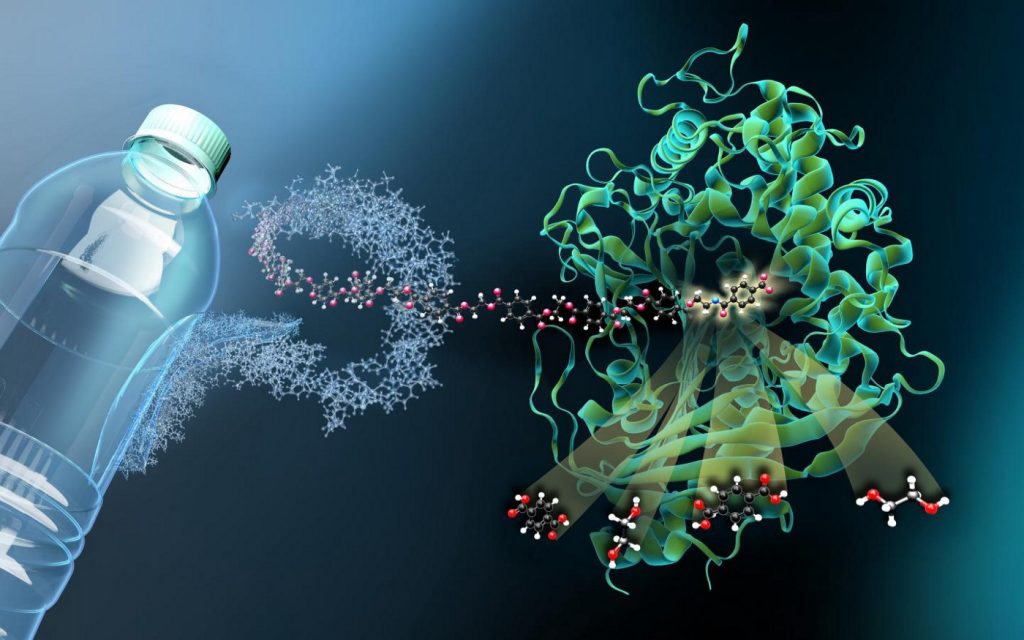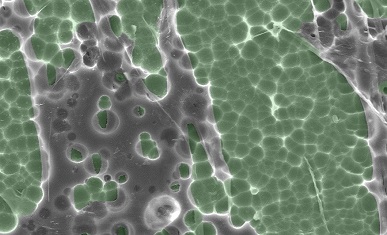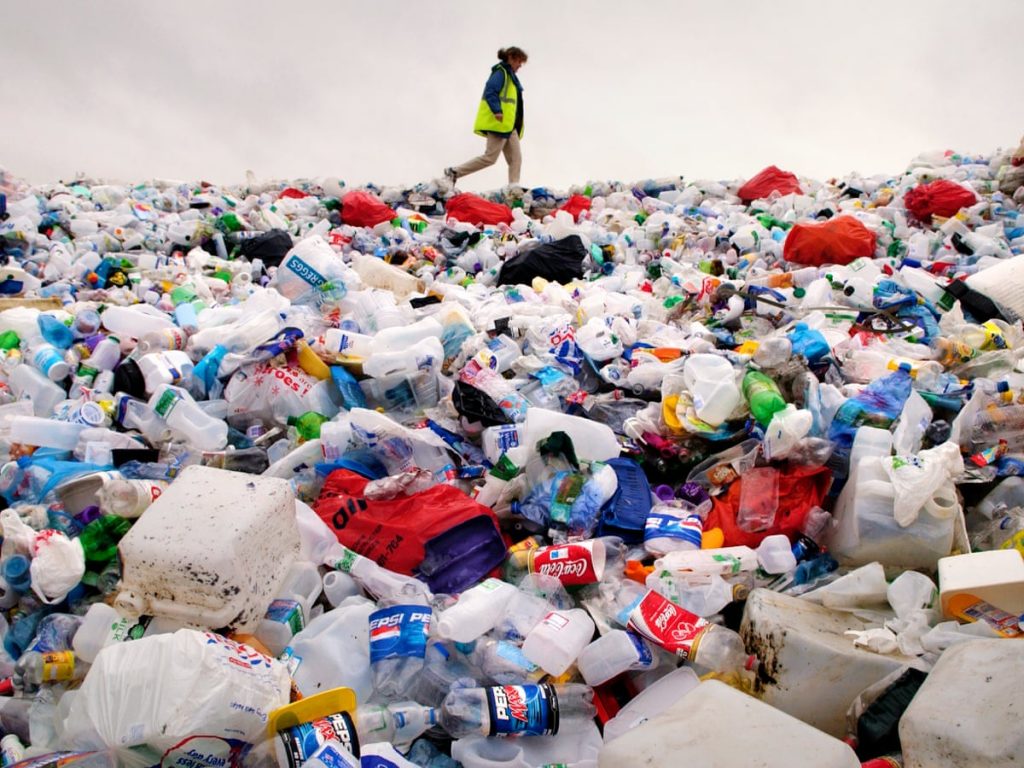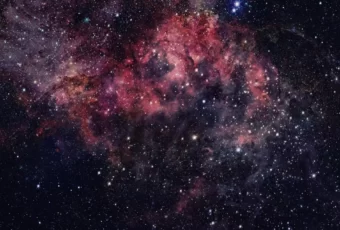
Plastic Eating Bacteria
A group of researchers have found a way to turn plastic into food. They used microbial communities that are able to break down plastic and other materials in order to turn them into edible proteins.
Professor Steve Techtmann from Michigan Technological University worked alongside Professor Ting Lu from University of Illinois Urbana-Champaign and they won the $1.2 million 2021 Future Insight Prize from Merck KGaA, a Germany science and technology company.
In a statement, Techtmann shared: “We use engineered natural organisms to break down the plastics and non-edible plant biomass to convert into food. It is such an honor to be awarded this prize. This prize will allow us to pursue high-risk and high-reward lines of research that will enable us to move this work forward more quickly.”

The Plastic Can Be Turned Into Protein Powder
The research involves turning the plastic into protein powder and lubricants. Techtmann’s initial work involved microbial communities and his focus shifted to microbes. Now, another group of researchers were able to find bacteria that grows inside cows’ stomachs are also able to do this task. Meanwhile, Techtmann’s work involves microbial communities in bilge water.
The research team found that once plastic is broken down by heat and a reactor, it can then be fed to the bacteria, which flourish on this food. They continued to grow the more they ate and even produced more bacterial cells. These cells are made up of 55% protein and once the plastic was broken down, they are able to be dried and turned into protein powder.
The team aims to make this process totally biological. Techtmann shared: “Nature has provided us with biological systems for coping with many environmental issues. My role in this project is to identify and grow bacterial communities from the environment that have the ability to use wastes like plastic, as well as discover novel enzymes to break down plastics and other wastes more efficiently.”

This Could Be A Game Changing Process








